The 35th anniversary of the death of Rainer Werner Fassbinder this year was grimly presaged two weeks ago by the death of his longtime, long-suffering cameraman Michael Ballhaus. Ballhaus was 81 and had forged a second career in Hollywood. Fassbinder, had he lived, would be 71. Having knocked out 40 features, several TV series, countless plays and adaptations in a 13-year career, one can only wonder what he might have done with another 35.
Or perhaps not. Fassbinder was of his time, the white-hot 1970s, and very much of his place, the now-vanished Federal Republic of Germany, which he endlessly accused of never having fully exorcised or extirpated the Nazi elements that had lingered in society, politics and business. Fassbinder’s success was dependent upon a government-subsidy system of unparalleled generosity (he got a separate salary for each role he undertook – director, producer, writer, star, cameraman, composer, etc), which supported work likely to be critical of West German society and unloved by commercial moviegoers. Had he lived longer he would have seen the end of subsidy programmes under Helmut Kohl and likely found himself at the raw mercy of the commercial imperative.
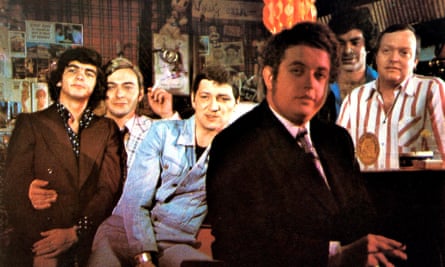
Better, perhaps, to celebrate the perfection of the career he had than imagine the one he didn’t. The notion of RWF as an enfant sauvage of the Baader-Meinhof milieu and the newly politicised gay demi-monde, leading a caravanserai of needy acolytes prepared to abase themselves before him to secure parts in his next movie, is not far from the truth; he was a sacred monster, and drove two lovers to suicide. He was both his own greatest masterpiece and his own portrait of Dorian Gray.
But then again, there are the movies, sometimes at the rate of four or five a year – The Merchant of Four Seasons, The Bitter Tears of Petra Van Kant, Fox and His Friends, Fear Eats the Soul etc – between 1970 and 1977, when he slowed down a little. Such was the fecundity of his output that great swaths of his work are only belatedly becoming available. His weirdly prescient sci-fi TV series World on A Wire surfaced in 2010 on DVD. His working-class soap opera Eight Hours Are Not a Day is due for re-release imminently, and a restoration of his gargantuan, 15-hour Berlin Alexanderplatz is under way.
In times like ours, we could use another brilliant provocateur in the Fassbinder mould. And yet he was as inimitable and unrepeatable as the country, the history and the culture that created him. Turns out there’s only one Fassbinder.
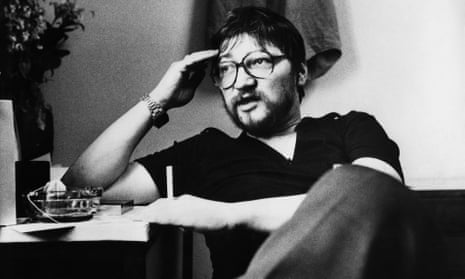


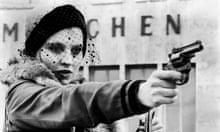
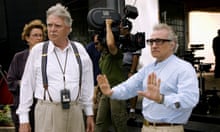





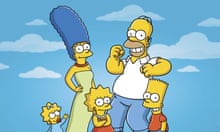
Comments (…)
Sign in or create your Guardian account to join the discussion